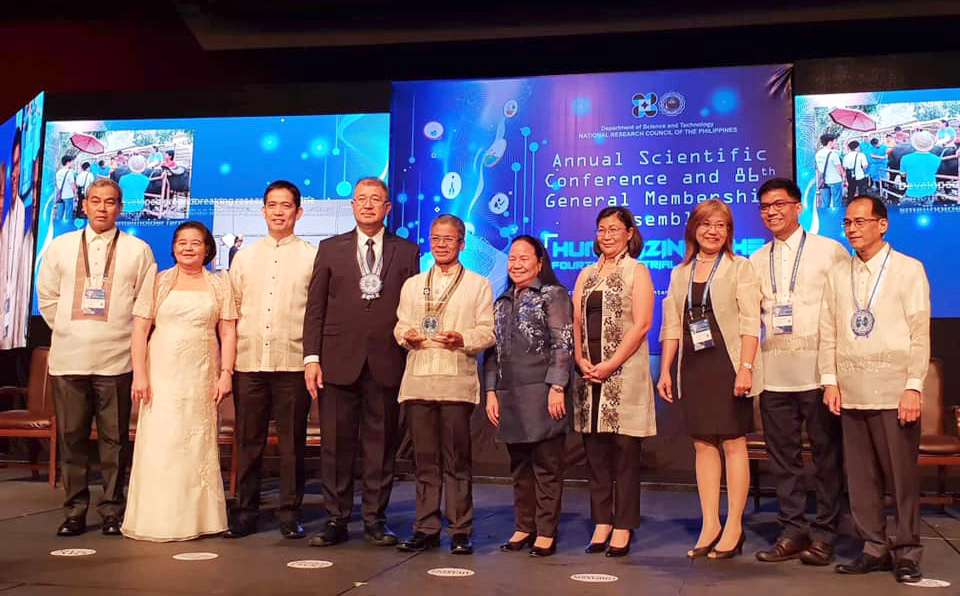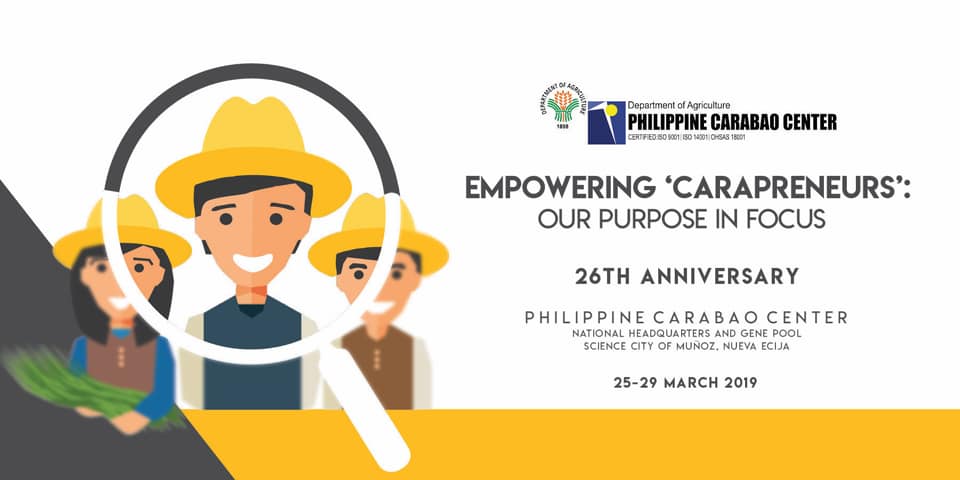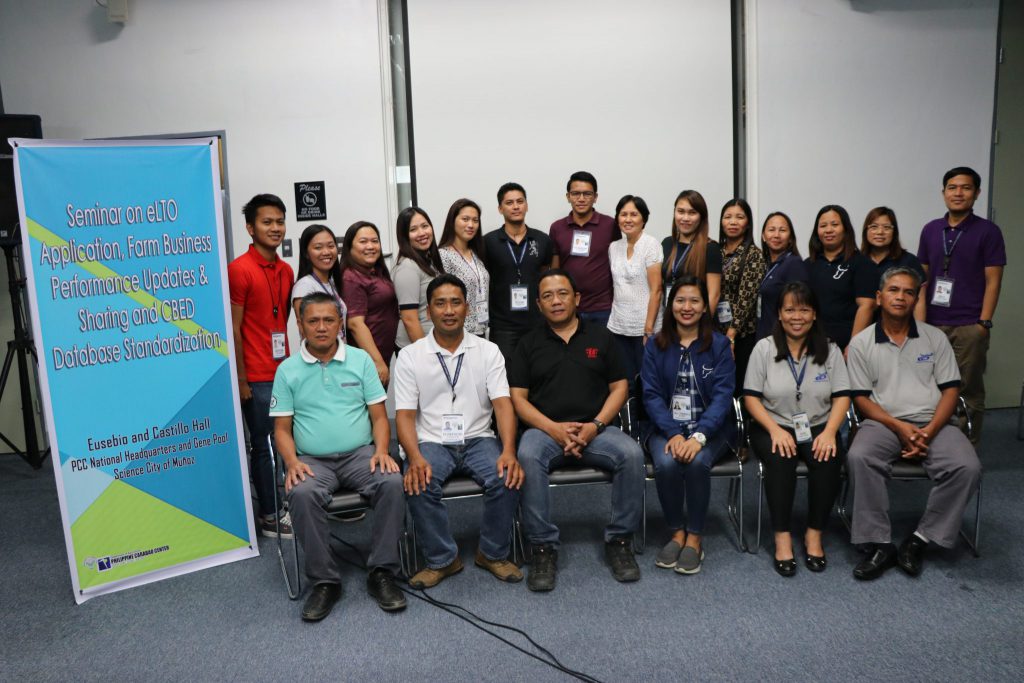The Philippine Carabao Center (PCC) was bestowed the “2018 Outstanding Institution Award” under Cluster IV (Divisions of Biological Sciences, Agriculture and Forestry, and Veterinary Medicine) by the National Research Council of the Philippines (NRCP) during its Annual Scientific Conference and 86th General Membership Assembly on March 11, 2019 at the Philippine International Convention Center, Pasay City.
The award is given annually by the NRCP to institutions that have supported and contributed to the growth and development of basic sciences, humanities, and arts in the Philippines.
A body of scientists and researchers under the Department of Science and Technology (DOST), the NRCP is mandated to promote and support fundamental research for continuing improvement of research capability of individual or group scientists; foster linkages with local and international scientific organizations for enhanced cooperation in the development and sharing of scientific information; provide advice on problems and issues of national interest; and promotion of scientific and technological culture to all sectors of society.
The PCC received the “Outstanding Institution Award” in recognition of its significant institutional accomplishments in science, research capacity-building, contributions to the nation and groundbreaking researches consistently developed for the benefit of the carabao industry’s and value-chain stakeholders, foremost of which are the smallholder farmers through noteworthy contributions to improved milk and meat production, livelihoods, income, and nutrition.
Among the notable accomplishments of PCC include the establishment of gene pools that serve as sustainable source of genetically superior animals or germplasm for its breeding program, and the state-of-the-art biotechnology research facilities managed by highly trained researchers.
The PCC was evaluated based on various criteria such as Scientific and Technical Publications or Inventions (i.e. refereed journal articles, scientific books, manuals, monographs and handbooks and/or patents/utility models/industrial designs/copyrights/certificate of registration); External Linkages and Extension Services, including Support to Policy Formulation; Research/Service Awards and Recognitions Received; and Number of students (undergraduate and/or graduate) graduated/trained or number of Fellows mentored and persons trained.
The PCC, an attached agency of the Department of Agriculture, was created by virtue of Republic Act 7307 in 1992 and became operational in 1993. As the leading livestock R&D institution in the country, PCC is mandated to conserve, propagate, and promote the carabao as a source of milk, meat, draft power and hide to benefit the rural farmers.



